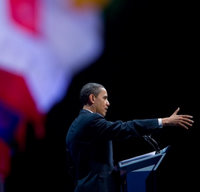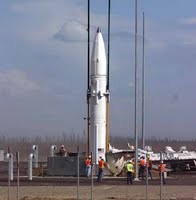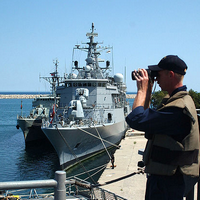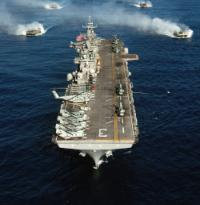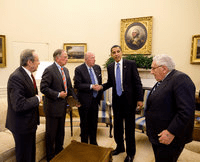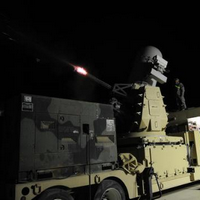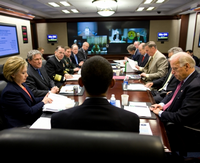
The changes to the U.S. intelligence community (IC) effected after the September 2001 terrorist attacks in the United States were the most comprehensive in decades. Intelligence reformers sought to restructure the IC to make it more flexible and integrated, to improve the sharing of information both horizontally between federal agencies and vertically between Washington and state and local bodies, and to expand the capabilities at the IC’s disposal. The reforms have achieved important progress in some areas. But a series of high-profile incidents and revelations — including repeated turnover in the position of director of national intelligence, media exposés by […]



